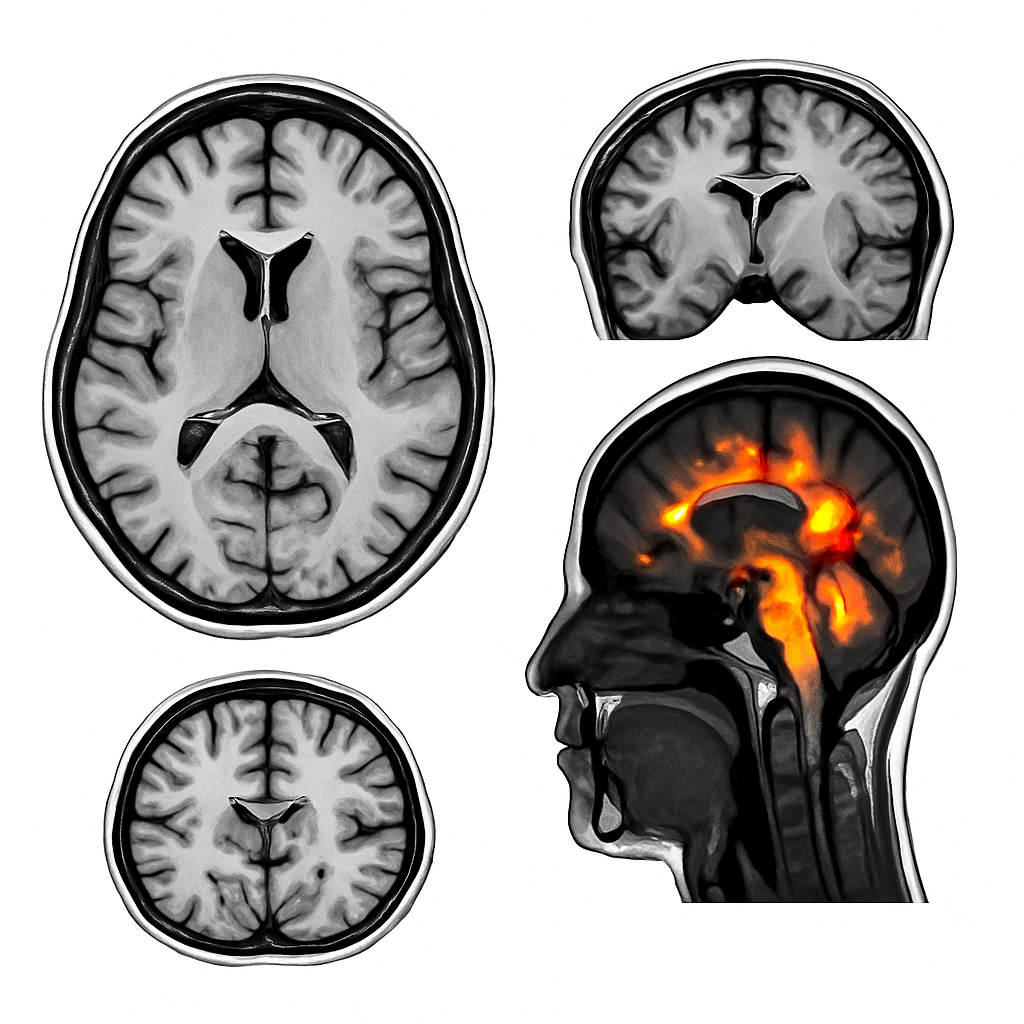Imaging of mood- and anxiety-related disorders (IMARD)
“We want to determine the best treatment for each person by using neuroimaging”
Mood and anxiety disorders are among the leading causes of disability. Approximately one out of four people will suffer from one of these disorders during their lifetime. And, unfortunately, the treatments available today only help half of sufferers, and it is often necessary to resort to trial and error to find the right treatment. We thus need reliable, objective, valid indicators that allow us to predict from the outset the body’s response to a treatment. Only by doing this will we be able to recommend the right treatment to each patient.



IMARD group’s research has two goals: to identify the changes in the brain involved in mood and anxiety disorders, and to determine the brain mechanisms that predict who will respond better or worse to different treatments. To achieve these goals, the group uses different neuroimaging techniques (such as magnetic resonance imaging of the brain), which are often combined with artificial-intelligence techniques.







